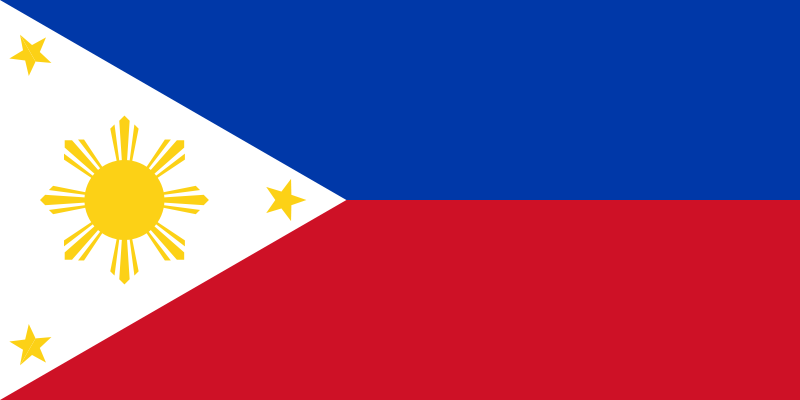HOME >>
UN climate change conference kicks off in Doha
Source:Globaltimes.cn Published: 2012-11-27 15:02:00
| Latest News |
UN climate change conference opens in Doha
The latest UN climate change conference opened on November 26 in Doha, Qatar, where delegates from over 190 countries gathered for discussions on major issues relating to global anti-warming efforts, including details of the Kyoto Protocol's second commitment period.
Kyoto battlelines drawn in Doha as climate talks dig into detail
Climate talks got down to the nitty-gritty in Doha on Tuesday as developing countries and the European Union (EU) staked out rival positions on the fate of the Kyoto Protocol.
| Focus |
| Int'l Reactions |
 |
China urges action on climate change On the first day of the 2012 UN Climate Change Conference, the Chinese delegation has held a press conference. |
 |
Indonesia urges developed nations to join 2nd Kyoto Protocol Indonesia has called on all advanced nations to sign up to the second commitment period of the Kyoto Protocol, ahead of the annual conference on climate change from November 26 to December 7 in Doha, Qatar, official said here on November 14. |
 |
Philippine urges progress to address climate change in upcoming Doha meeting The Philippine government expressed hope on November 21 that the signatory countries of the Kyoto Protocol would be able to resolve several issues on climate change during the conference in Doha starting next week. |
| BASIC countries urge developed nations to raise emissions reduction ambitions BASIC countries including China, India, Brazil and South Africa have urged developed country parties to the Kyoto Protocol to raise their emissions reduction ambitions in line with their scientific levels and historical responsibilities. | |
| Concerns |
Whether the second commitment period of the Kyoto Protocol can be launched on time -- Jan. 1, 2013 -- is key to the success of the Doha talks, while the destiny and effectiveness of this period lie in the negotiating results in two areas, namely who will participate and how committed they will be.
According to agreements struck in Copenhagen and Cancun, developed countries shall provide developing countries with extra financial aid to help them fight and adapt to climate change. This initiative was subsequently developed into the Green Climate Fund. However, there simply is not an effective and sure way to verify the actual donation that has already been made.
The double-track negotiating process is set to expire soon, giving way to the Durban Platform which is expected to develop before 2015 a legal instrument applicable to all UNFCCC parties concerning anti-climate-change efforts after 2020.
More
Source: Xinhua
| Voices |
Source: Xinhua
| Background |
Five major junctures that the global climate negotiations have gone through in the past 20 years
| UNFCCC |
At the 1992 UN Conference on Environment and Development in Rio de Janeiro of Brazil, participants from over 150 countries drew up the UN Framework Convention on Climate Change (UNFCCC) to provide a general framework for international efforts and negotiations aimed at combating the climate change. |
| Kyoto Protocol |
The 1997 UN climate change conference in Japan approved the Kyoto Protocol, a legally binding document that sets mandatory goals for nearly 40 developed countries in emission reduction. |
| Bali Roadmap |
The 2007 UN climate talks in Indonesia struck the Bali Roadmap, which charted the course for the international climate negotiations. |
| Green Climate Fund |
The 2009 Copenhagen and 2010 Cancun talks led to the founding of the Green Climate Fund, which pledged to provide poor countries with additional money to bolster their anti-warming and adaption efforts. |
| Durban Platform |
After long hours of debate at the 2011 Durban talks, the participants agreed to form a new working group responsible for developing before 2015 a legal instrument applicable to all UNFCCC parties concerning anti-climate-change efforts after 2020.More |
| Photos |
Posted in: